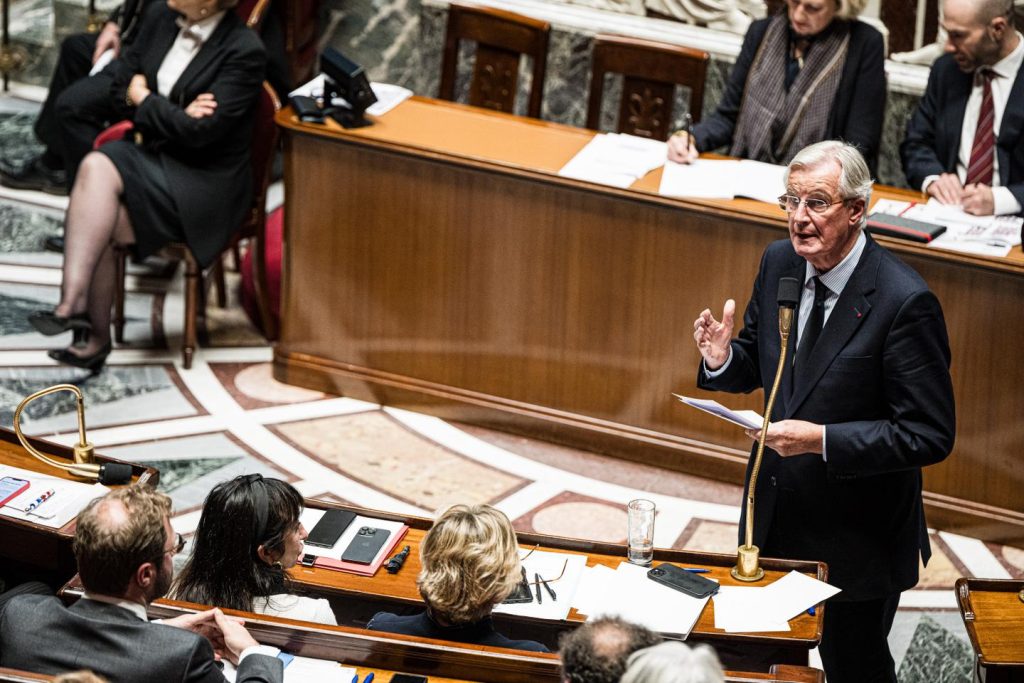The Prime Minister, Michel Barnier, announced a six-month freeze on retirement pensions in an effort to address the public accounts that are spiraling out of control. This measure, one of the most significant in the 2025 budget, is expected to generate 3.6 billion euros. This decision has sparked backlash, with Marine Le Pen, leader of the National Rally, stating that it is “robbing our elders of billions of euros in purchasing power.” Similarly, Eric Coquerel, a “insubordinate” deputy, believes that retirees should not have to bear the burden of paying for tax gifts given to the wealthiest individuals.
The Council of Mandatory Levies (CPO), an institution affiliated with the Court of Auditors, released a note recommending taxing retirees more to ensure equal taxation of citizens. While salaries are subject to progressive tax rates ranging from 15% to 61%, retirement income is treated differently due to exemptions and deductions. The CPO specifically targets the 10% deduction on retirement pensions, which can result in savings of up to 1,850 euros per year for a total cost of 4.6 billion euros. This benefit primarily benefits higher-income households and is considered too broad and inadequately targeted by experts at the CPO.
Instead of a temporary and indiscriminate freeze on all pensions, the CPO recommends a structural reform to simplify the current system. This reform would involve replacing various current benefits with a single mechanism that targets low and middle-income households. By limiting deductions for low incomes and reintroducing a 9.2% general social contribution on higher pensions, the government could potentially generate up to 1.8 billion euros annually on a sustainable basis. This reform aims to address the heterogeneous situations of retirees and the constant improvement in their standard of living compared to younger generations.
The debate surrounding taxing retirees to address the growing public deficit is ongoing, with different stakeholders presenting contrasting views on the issue. While the government argues that this measure is necessary to stabilize the economy and ensure fair taxation, critics believe that retirees should not bear the burden of fiscal reforms. The CPO’s recommendations for a structural reform offer a potential compromise by targeting tax benefits towards those most in need while generating additional revenue.
In conclusion, the decision to freeze retirement pensions has sparked controversy and debate among politicians and experts. While the government argues that this measure is essential for financial stability and fair taxation, critics believe that retirees should not be the sole contributors to address the public deficit. The recommendations of the CPO for a structural reform of the pension system present a potential solution that balances the need for revenue generation with fairness and equity in taxation. The outcome of this debate will have significant implications for retirees and the overall economic landscape.


